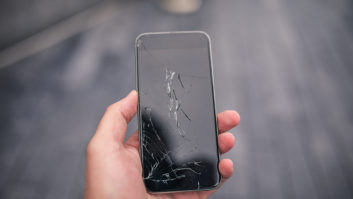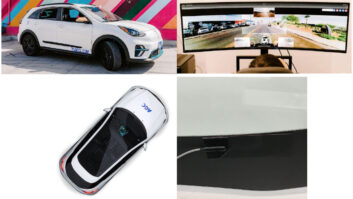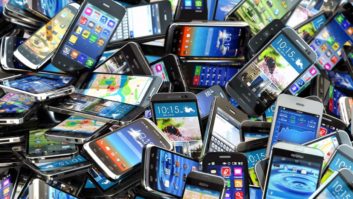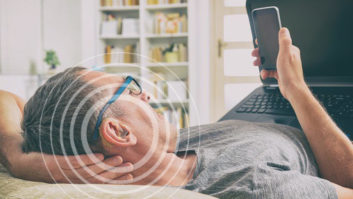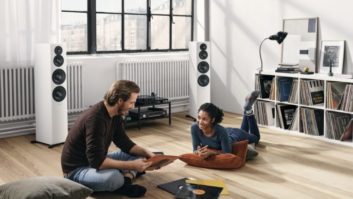
In 2017, Samsung, Google, and Apple’s product launches proved that hand-held tech is more sophisticated than ever. Samsung’s artificial intelligence Bixby can translate 52 spoken languages; Google’s Pixel 2 “Now Playing” feature can tell you the title of the song playing over the sound system at H&M; and the iPhone 8 Plus has a 12-megapixel sensor for pictures with stunning color and detail.
With these advancements, consumers are looking at their phones as investments in technology rather than just accessories to be replaced every 18 months. Carriers like T-Mobile and Verizon have stopped offering free phones with new plans, and the market has moved away from subsidized smartphones. All of this means that consumers expect their phones to last longer, and they’re looking for ways to protect their investments.
The latest smartphones have beautiful lines and futuristic, minimalist design. The Samsung Note8’s display — with curved, glass edges — is bigger than ever; the Pixel 2 has no bezel; and iPhones 8, 8 Plus and X all have glass backs as well as glass screens.
We love our phones, but face it, we’re human — and clumsy. Drops happen. And the need for screen protection has never been greater.
Almost everyone has experienced the disappointment of scratching a screen or the feeling of despair when a screen shatters. In fact, in the last year 57 percent of smartphone users in the U.S. damaged their smartphones, almost two-fifths of them by cracking or shattering their screens. What’s more, a SquareTrade survey of iPhone users released last June revealed that they spent a total of $14 billion repairing and replacing iPhones since their debut in 2007. The survey also showed that iPhone users were six times more likely to damage their phones than lose them or have them stolen.
The urgency consumers feel to protect their phones is growing, and for retailers, this means new opportunities for profitability in the screen protection market.
Consider what a cracked or shattered screen really means to a consumer. It’s not an exaggeration to say that if your phone becomes lost or damaged, your life is on hold. They’ve become a tool for connecting with media, managing our schedules, documenting our lives and expanding our capabilities. When customers purchase protection for their phones, they’re not just buying a screen protector, they’re buying peace of mind.
Screen protection is one of the fastest-growing categories for smartphone accessories, with sales gains of 24 percent last year. But not all screen protection is created equally. The three main players in glass screen protection are soda lime glass, aluminosilicate glass and ion matrix glass.
Soda lime glass is the most prevalent type of glass used in manufacturing. It’s inexpensive, reasonably hard, and chemically stable. However, it is not as scratch- and shatter-resistant as aluminosilicate glass. This second type of glass is made from aluminum oxide and can withstand higher temperatures and is twice as resistant to impact forces as an unprotected screen.
The strongest of the three is ion matrix glass. Exclusive to InvisibleShield, it is produced through a proprietary process that removes impurities, strengthens at the molecular level, and fills in microfractures to make it up to three times more resistant to impact forces than an unprotected screen.
Smartphone accessories are a significant revenue generator for retailers. There is tremendous value in improving a consumer’s experience by helping them keep their phone looking as good today as the day it came out of the box. Smart retailers will have strategies to increase accessory sales, such as recommending screen protection at the point of sale or running promotions and bundles that increase handset sales and the mobile accessories that protect and enhance these mobile devices.
Dermot Keogh, Sr. is product manager at InvisibleShield, the creator of and leader in screen protection for mobile devices.




